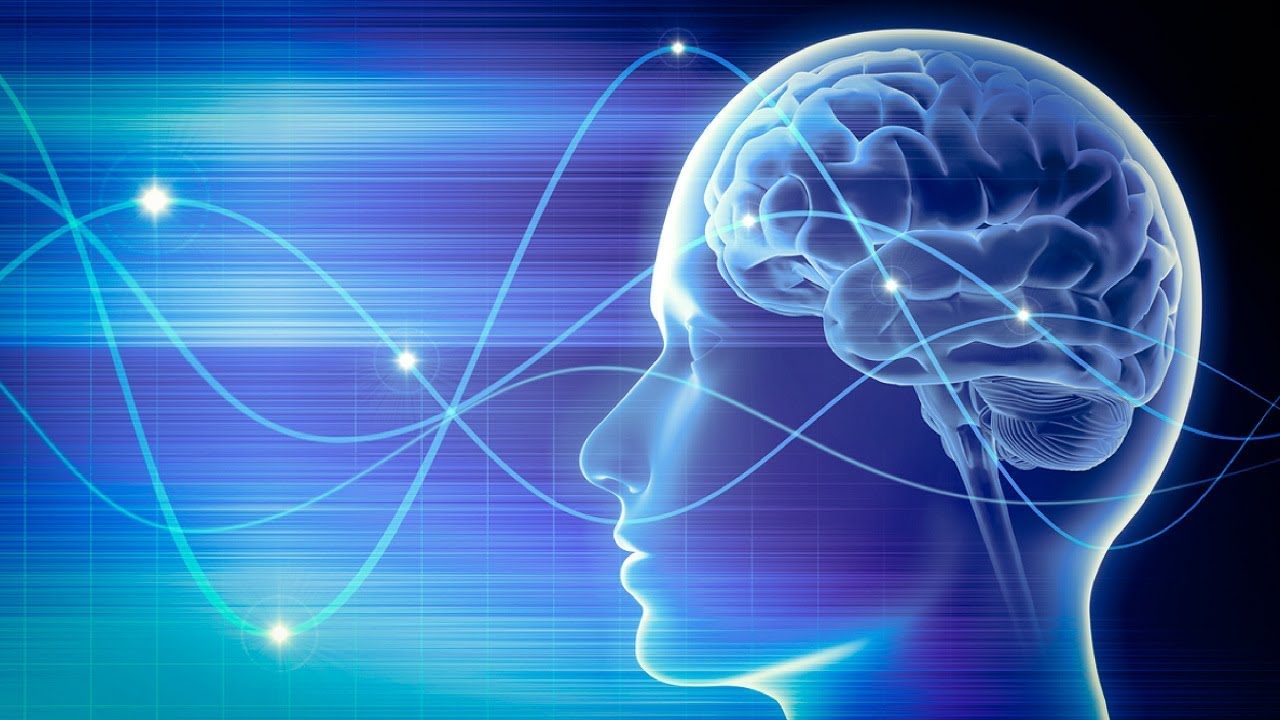
Thereafter, we'll move on to focus on some of the specific benefits you can gain from using binaural beats. They differ from isochronic tones and consider some of the most important evidence about their usefulness. Now that you understand the basic nature of binaural beats, let's take a closer look. Others are designed to make it easier to focus on studying or on a creative task, and yet more have a goal of reducing stress and anxiety. Some tracks aim to help induce deep levels of sleep or improve your ability to meditate. What exactly happens to your brain when you use binaural beats depends on the frequency of the sound wave. In a certain sense, then, your mind actually “tunes” itself into this newly encountered frequency, and this influences your brain's activity.īecause the state that your brain is in impacts on everything from your mood to your ability to make sense of information. In this case, your brain perceives a new 5 Hz sound frequency. For example, suppose your left ear receives a 190 Hz sound frequency and your right ear receives a 195 Hz frequency. This sounds like an individual, novel tone, but the theory is that your brain picks up on a single tone that sits between the two separate frequencies. What Are Binaural Beats?įirstly, note that the word “binaural” simply means “related to two ears.” As mentioned above, binaural beats are a form of brainwave entrainment, and they are a form of audio technology that combines two different types of sound frequencies (one in each ear). We’ll explore the benefits, address worries about their safety, and explain how they can be used to improve your life. As it turns out, it takes very little effort for you to use this fascinating, scientifically-proven technology to boost your health in a wide range of ways.

This article explains all the key facts you need to know about this audio technology.

They’re said to enhance your cognition function on multiple levels, helping you with everything from restful sleep to intense study sessions, self-improvement and stress.īut what are binaural beats, exactly? How do they work, and what is the supporting evidence for their effectiveness? Discovered in 1839 by Prussian scientist Heinrich Wilhelm Dove, binaural beats became one of the first forms of brain entrainment. Perhaps you’ve already heard of binaural beats.


 0 kommentar(er)
0 kommentar(er)
